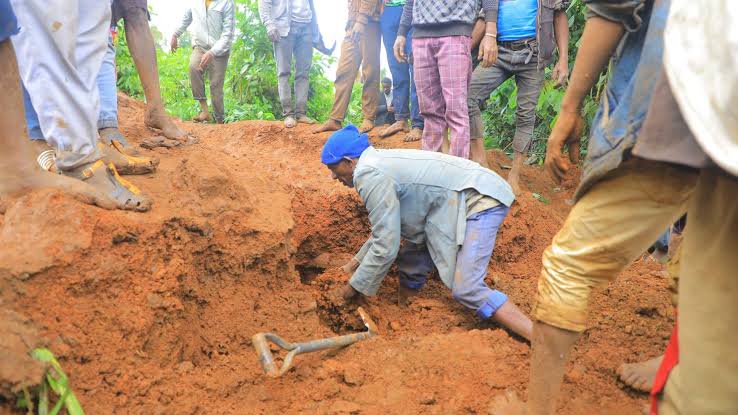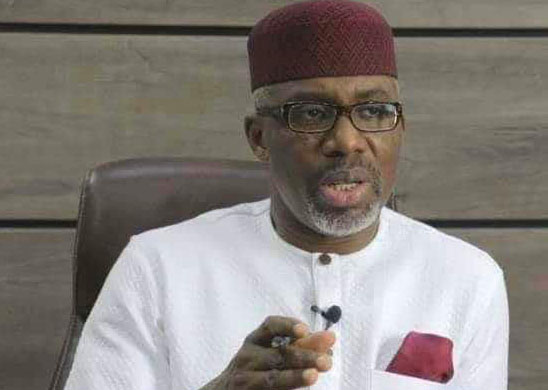•To investigate alleged corrupt practices in public, private hospitals
The Nigerian Medical Association (NMA) has called for the expansion of training facilities in medical training institutions to enable them to cope with the increased number of enrolments nationwide.
The federal government recently announced the increase of the enrolment quota in medical, nursing, and other health professional schools from 28,000 to 64,000 yearly, as part of measures to address the manpower shortage in the health sector and bridge the gap created by the Japa syndrome.
NMA President, Prof. Bala Audu, who spoke to journalists in Abuja, said it is not enough to only increase the carrying capacity of medical training institutions without ensuring a corresponding increase in training facilities, adding that no meaningful teaching and learning can take place without adequate facilities.
He said: “If you are previously admitting 200 medical students each year, now you want to admit 400 medical students, then you have to double the accommodation, and facilities for their training if you want to maintain the quality.
“We’re having discussions with the government to ensure that we continue to produce high-quality health professionals, not just for Nigeria but for the rest of the world.”
The NMA president stated that the doctor-patient ratio in the country is worsening and is now at 1,000 per cent less than the World Health Organisation recommended ratio.
Audu pointed out that the only way the government could halt the mass exodus of skilled health workers from the country is by improving their well-being and ensuring a conducive working environment.
“The country invests so much in training every doctor, nurse, dentist, and other healthcare provider, but how many of them do we employ after they graduate, despite the challenges we have in the demand of manpower for health? If we don’t employ them early enough, somebody else will do and take them outside this country.”
“It is more than just their take-home package, they also need to have healthcare, and educate their children. And if another person is providing a better opportunity, there is a tendency for them to take that option. Housing is also one of the requirements, especially for internship training.
“By regulation, for you to have quality training for house officers, they must be housed within the hospital because they need to be available at all times. You hear much about the Nigerian Association of Resident Doctors. The residency training implies that they should live within the hospital, which means there has to be provision of accommodation for them,” he added.
“There have been situations of attack on healthcare providers, especially by the people who take patients to hospitals, probably because one or other things are not available, and everybody is charged up and angry, and you get attacked.”
Audu also disclosed NMA’s plan to carry out research to uncover the corruption in the delivery of healthcare in both public and private hospitals in the country.
“This follows the recent report released by the National Bureau of Statistics (NBS) in conjunction with the United Nations Organisation for Drugs and Crime (UNODC), which placed the rate of bribery amongst adults, who accessed healthcare services in public hospitals at 42 per cent.”
The report titled: “NBS Corruption in Nigeria: Patterns and Trend” for 2023, published recently stated that 42 per cent of the health workers received bribes to speed up procedures, and 15 per cent also took bribes to make the finalisation of the procedures possible.
He said though it was heartwarming that the healthcare sector was highest in delivery of services to Nigerians, the association was saddened that some Nigerians had to give bribes to access healthcare.
Audu contended that the statistics did not cover other services rendered including pediatric cases. Notwithstanding, the association will deploy the necessary mechanisms to reduce to the barest minimum, all forms of corruption in public hospitals in the country.

















